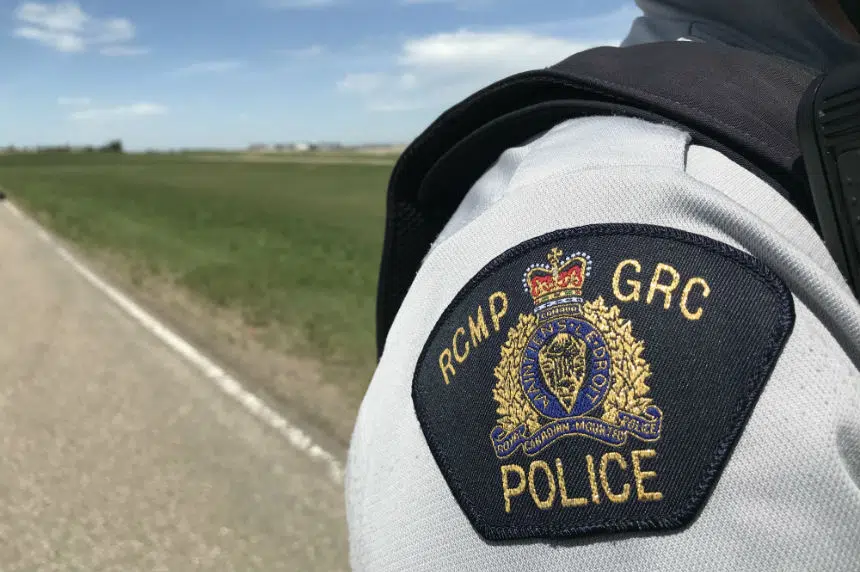RCMP officers have been dealing with infectious disease concerns on the job for decades, whether it’s hepatitis, HIV or other illnesses. As part of their job, police still have to get close to people though.
“We’re well aware of what contagious diseases are and how they are spread,” RCMP Saskatchewan Media Relations Cpl. Rob King explains. “So, through educating our members and keeping everyone up to date on the latest information, we’re able to deal with things.”
King says some new protocols have been put in place however, in light of the COVID-19 pandemic.
“One of the things that we’ve been doing is asking a few extra questions when we’re speaking with people over the phone, asking about if they’re showing any symptoms, if they’ve been anywhere where we believe there could be some potential outbreaks to at first determine the risk of going and actually speaking to people or not.”
He adds that officers also ask whether the person they’re speaking with has had any exposure to someone who has been infected with the virus.
“We’ve been trying to do as many things over the phone or not in person, or by keeping a good social distance from people, whereas normally we may be much closer,” King says.
They also try to determine what kind of protective gear they may need to put on before police head out to a home or other location. Officers – especially in northern Saskatchewan where there has been a significant outbreak in recent days – have been supplied with personal protective equipment (PPE) in addition to the gloves they normally wear.
In Saskatchewan so far, one RCMP officer from the Prince Albert area has been infected with COVID-19, while according to the National Police Federation (NPF) Director Bobby Baker, there are about half a dozen members of the RCMP in northern Saskatchewan who are now self-isolating after they were exposed to the virus.
One of those officers is La Loche Staff Sgt. Conrad Logan. He tells 650 CKOM he has been tested, but has so far shown no symptoms of COVID-19. He must stay in isolation until early next week.
The NPF is a 20,000 member union that represents RCMP officers across Canada. Baker says they have had some calls from officers in northern Saskatchewan concerned about their well being on the job.
“Oh yes, absolutely. And the challenge with police work compared with some of the other frontline work is you’re going to the calls. The calls don’t come to you. And you don’t always know what you’re going to. You don’t know the number of people, you don’t always know the nature of the call, so yes, there’s a lot of risk you can’t always plan for. So, you just have to make sure that you rely on your training and you rely on the equipment that you have.”
He adds that to his knowledge the RCMP has done a good job providing protective equipment to its members and is always trying to get access to more.
Baker says any officers who may also suffer from underlying health conditions that could put them at additional COVID-19 risk are expected to come forward and mention those conditions.
“The RCMP can do a risk assessment to determine if they’re going to be at risk, or even going to put the public at risk…we’ve brought that to the RCMP’s attention, for sure.”
He adds that each part of the country is different right now, and each province has a different set of rules. There are municipal, provincial and federal rules to follow.
“I’m just proud of all that our officers are doing right now. Police officers and frontline workers in general – when there’s a complaint- they don’t run away. They go to the complaint, they go to the risk.”
COVID-19 calls
In a media release Friday, the Saskatchewan RCMP said it had received 82 calls related to the virus between April 24 and Thursday.
They comprised 43 complaints of social gatherings of more than 10 people, seven complaints of people failing to self-isolate when allegedly required to do so, and 32 other COVID-19-related complaints.
Two charges were laid against people in the northern area of the province for holding a gathering with more than 10 people.











